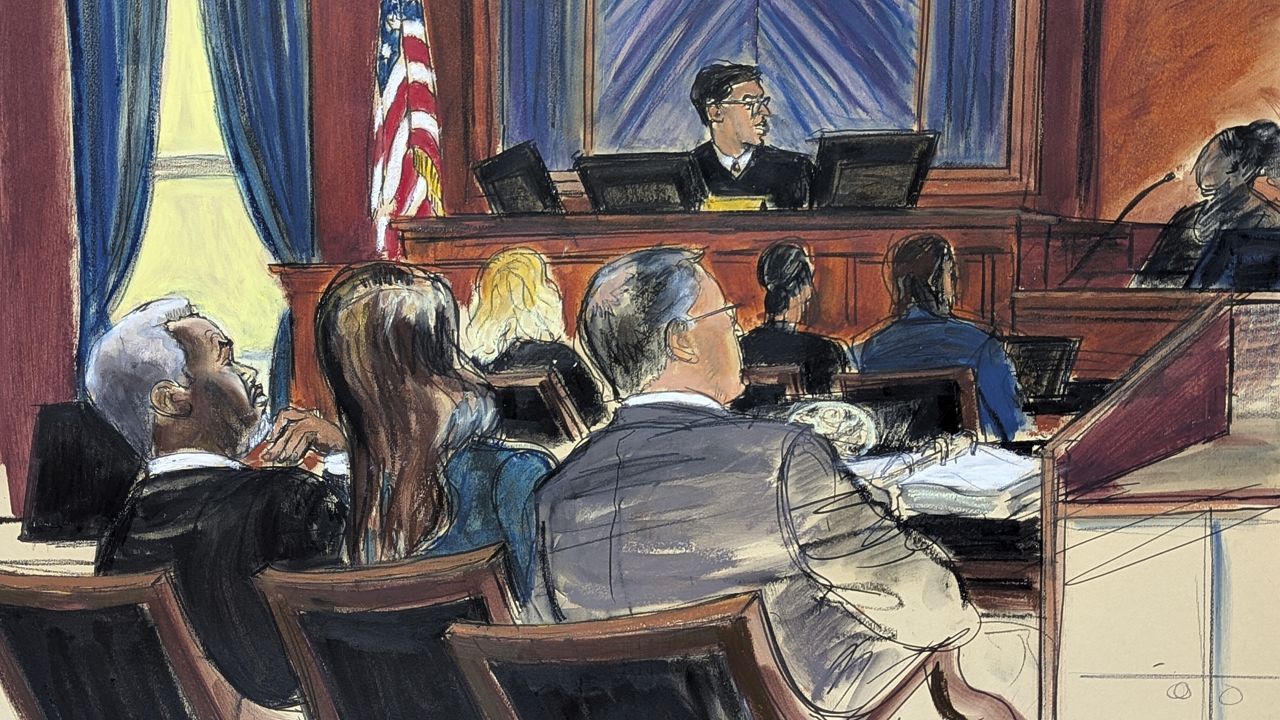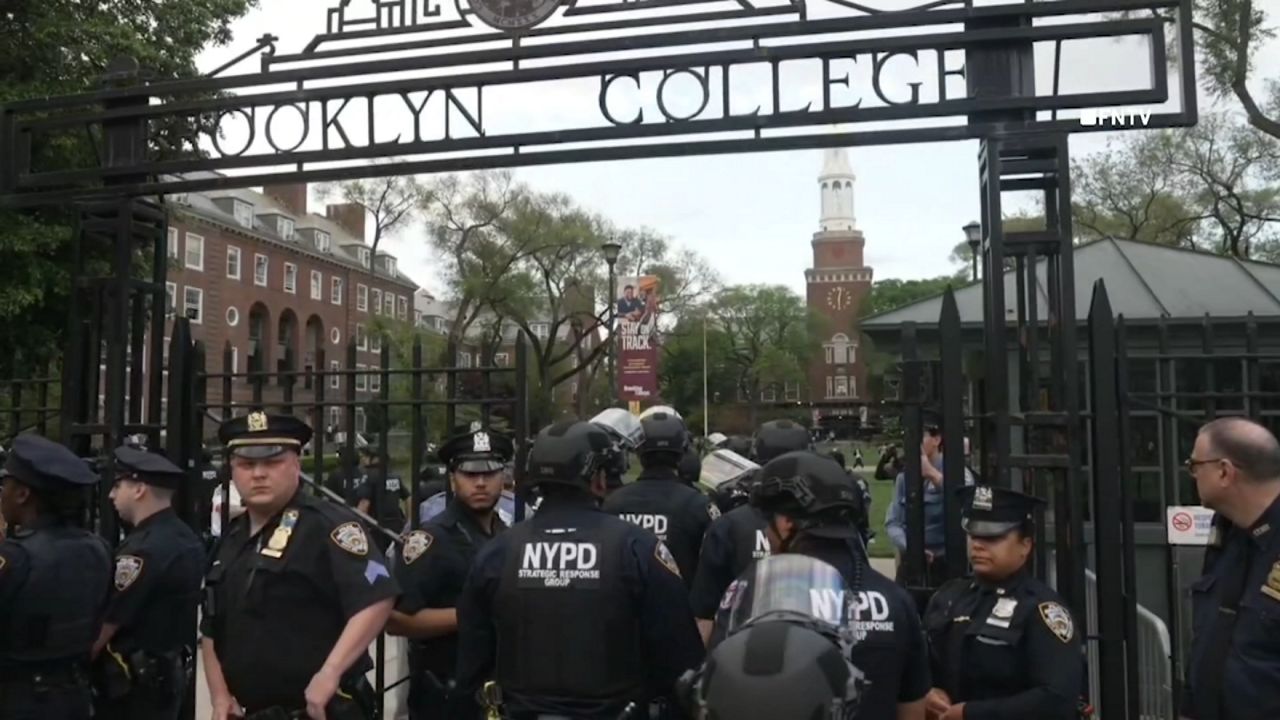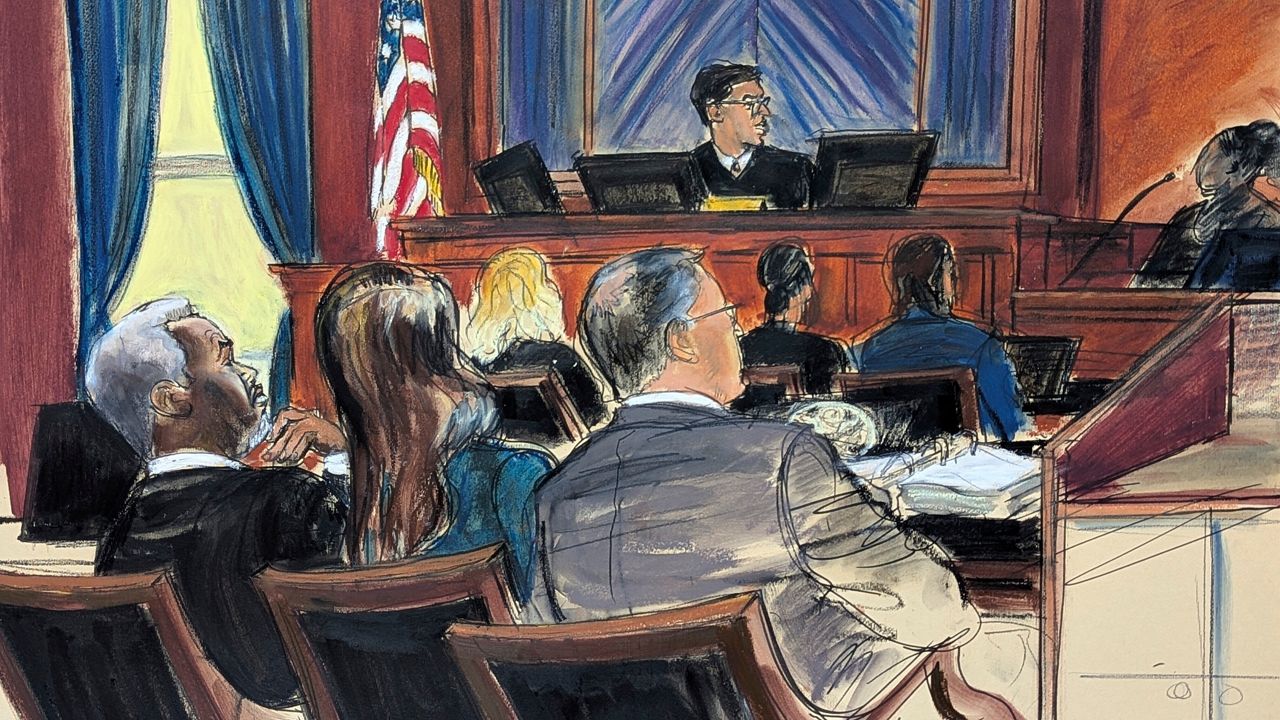Interrogation video, seen above, shows an NYPD officer questioning a man and giving him a cigarette. When the man leaves the room, another officer takes the cigarette.
The Legal Aid Society says this was done to collect DNA without the man knowing. The group of public defenders says the police department’s DNA database continues to grow.
What You Need To Know
- Legal Aid Society says NYPD continues to increase controversial DNA data
- Legal Aid says, as of May, the NYPD has 33,825 people in its local DNA identification index
- The number was 32,000 in February
- Suspect DNA Database includes some people not convicted or charged with a crime
- In February, NYPD said it would review and reduce the DNA database
“It’s genetic stop-and-frisk,” said Terri Rosenblatt, Supervising Attorney of The Legal Aid Society’s DNA Unit. “It is just like what we saw in stop-and-frisk where police are targeting vulnerable communities, they are targeting Black and LatinX communities and they are collecting DNA from those communities.”
After receiving lots of heat from advocacy groups and elected officials, the NYPD in February vowed it would review and reduce the number of DNA files it stores with the city‘s medical examiner office. Back then, the department said it had about 32,000 such files.
“What we have seen is that the numbers have actually gone up. They have not declined at all,” said Rosenblatt, adding, “That number is now at more than 33,000.”
Legal Aid reports it has received documentation that shows that increase from more than a month ago.
Legal Aid says it has clients as young as 12 years old who have had DNA secretly taken from them after being given a soda or food while in a precinct.Some of the DNA samples are from people not convicted or even charged with a crime. Legal Aid says it has clients as young as 12 years old who have had DNA secretly taken from them after being given a soda or food while in a precinct.
“This is a department that has already broken community trust by secretly stealing DNA from children, and then they came in and made a bunch of promises that we now know they haven’t kept,” Rosenblatt said.
Some DNA samples are collected with consent. After the 2016 murder of Karina Vetrano in Howard Beach, Queens, police collected DNA samples from hundreds of Black men. That DNA was put in that database. However, some said they felt pressured to provide a sample.
Brooklyn Assemblywoman Tremaine Wright says the state already has a DNA database of people convicted of crimes. She has a bill pending in Albany that would prohibit
local municipalities from storing the DNA of suspects.
She’s not surprised that the NYPD’s DNA collection continues to grow.
“It means whenever we go into a police station, we are at risk of having our DNA lifted from any object and collected, cataloged and then used at some later date,” Wright said.
Legal Aid said there is zero transparency around the DNA issue because the NYPD has failed to make the numbers public as it testified it would.
In a statement, the NYPD said, “The NYPD and OCME have been working together on a slate of reforms to the DNA database toward the shared mission of fairness in the criminal justice system while also ensuring the ability to solve crimes and bring justice for victims. This work is ongoing.”
------
Story image: AP file photo.









